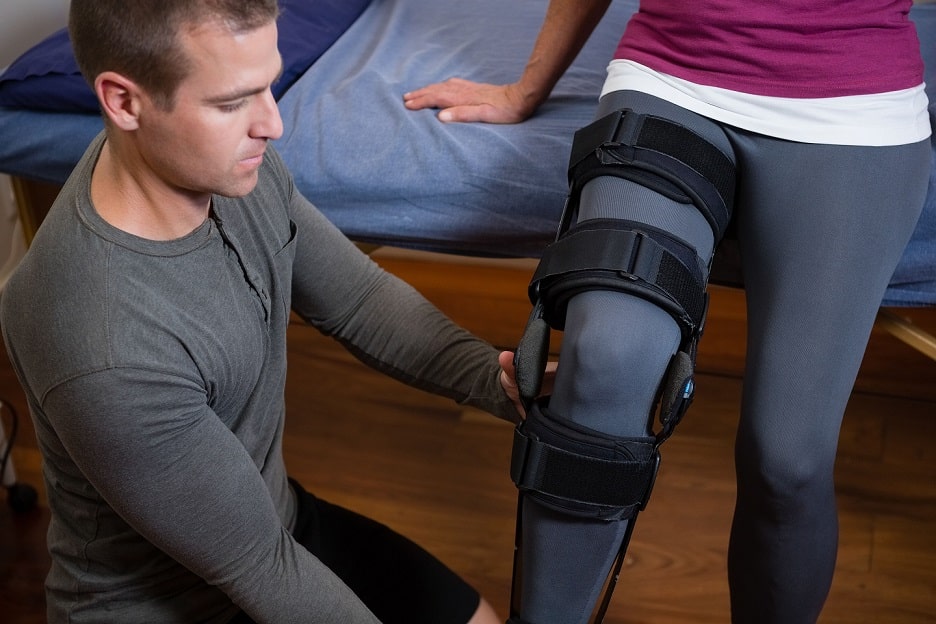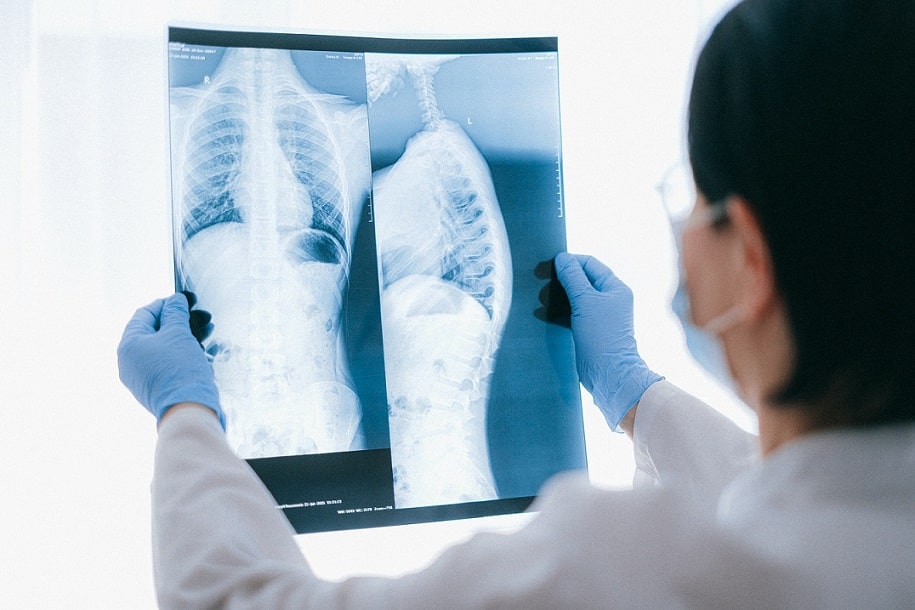 The phrase ‘slips and trips’ is often used to describe one of the most common types of personal injury claims. These accidents can happen at work – for example, if an obstruction has been left in a corridor, liquid has been spilled on the floor, or the surface of the floor is in poor condition. Alternatively, they can also happen in public places such as in the street because of a pothole or uneven paving slab or on private premises where the public have access such as a cinema or supermarket.
The phrase ‘slips and trips’ is often used to describe one of the most common types of personal injury claims. These accidents can happen at work – for example, if an obstruction has been left in a corridor, liquid has been spilled on the floor, or the surface of the floor is in poor condition. Alternatively, they can also happen in public places such as in the street because of a pothole or uneven paving slab or on private premises where the public have access such as a cinema or supermarket.
It is also possible to make a claim if you have a slip or trip on private land that is not open to the general public. However, for this type of claim, you must generally have been invited as a visitor onto the land or otherwise have a good reason for being there. An easy example – as a customer in a supermarket.
In both cases, the person or organisation responsible for the land or building has a legal duty to make sure that the area is reasonably safe. Whether the owner has failed to keep the area safe will depend on the circumstances, such as the type of land or building. For example, local authorities have a duty to maintain their pavements to keep them in good condition.
The law recognises that it is inevitable that occasionally potholes will appear or paving slabs become cracked – particularly after bad weather. In this case, the local authority must have a suitable system of inspection in place to make sure that roads and footpaths are routinely inspected. They will only be liable for an accident caused by a defect in the road or pavement surface if they have failed to spot the problem or to do anything about it in a reasonable amount of time.
The amount of time that the local authority has to inspect a footpath or road or to repair it will usually depend on how busy the area is and how bad the defect is. If a defect has already been reported to the council, it is irrelevant when they last inspected the area because they must make the area safe as quickly as possible after they have been told about it.
The size of the defect that caused the accident is also taken into account. There are no set guidelines for how big a defect or a hazard has to be before the owner of the walkway or land is legally at fault – but the gist is the smaller the defect, the less likely they will be at fault.
Poor lighting may also be a cause of a slip or trip if the lack of proper lighting makes it difficult to see a particular hazard or piece of street furniture, such as a step.
To find out whether you can claim for injuries caused by a slip or trip it is important to ensure the full circumstances are investigated properly. To find out if you can claim for an injury caused because of an accident that was someone else’s fault, call our claims helpline for free legal advice.

 The phrase ‘slips and trips’ is often used to describe one of the most common types of
The phrase ‘slips and trips’ is often used to describe one of the most common types of 









